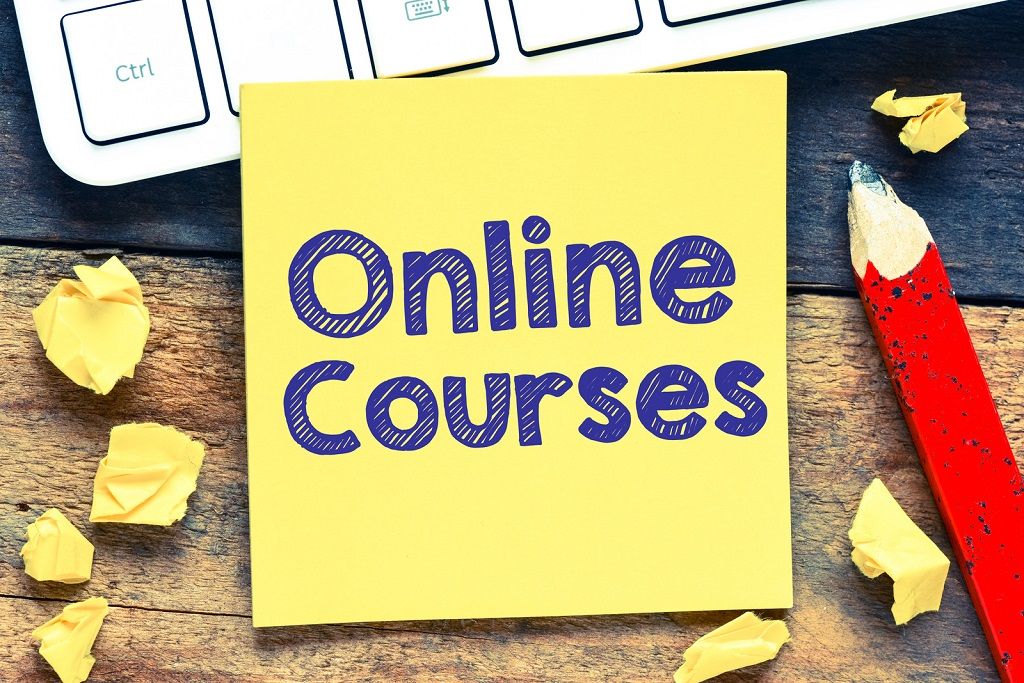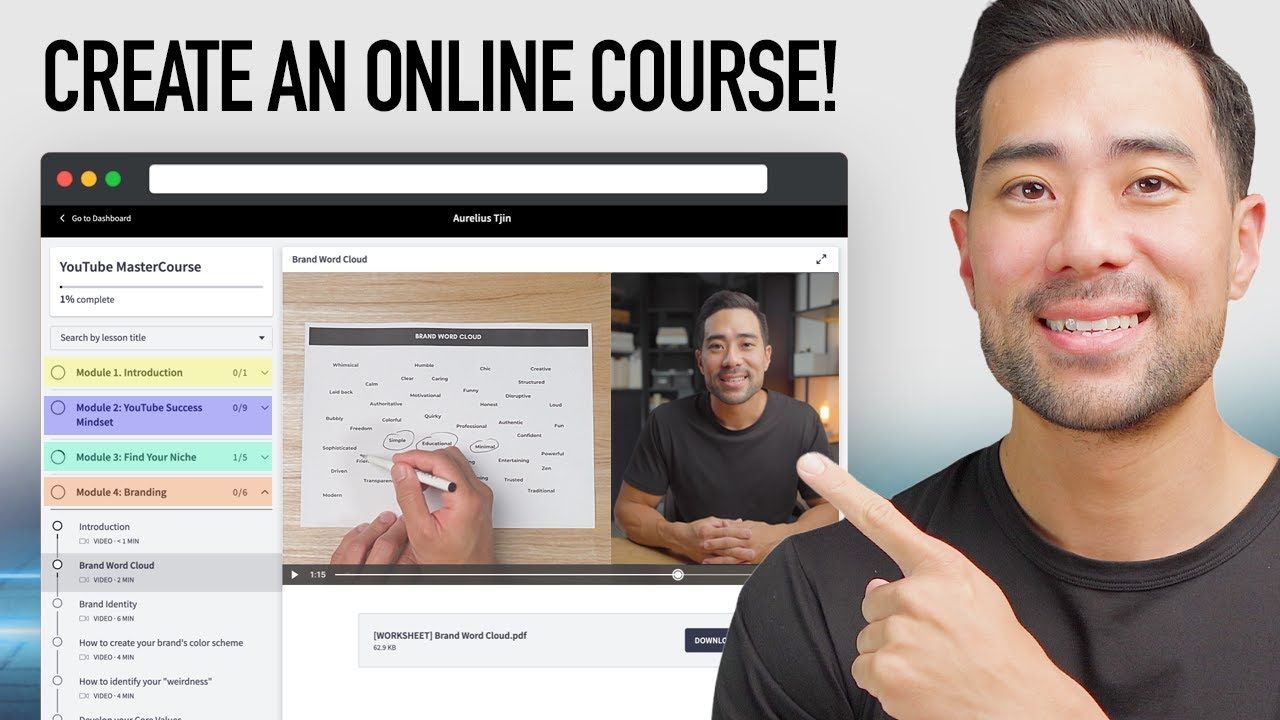As for beginners online courses takes center stage, this opening passage beckons readers into a world crafted with essential knowledge about translation, an art that bridges languages and cultures. Understanding the nuances and complexities of translation is vital in today’s interconnected world, where effective communication can make all the difference in personal and professional environments.
This overview will guide you through the diverse types of translation, the intricacies of the translation process, the challenges faced by translators, and the role of technology in shaping the future of this field. With an emphasis on cultural awareness and the skills necessary for effective translation, this course aims to provide a comprehensive foundation for anyone eager to embark on this rewarding journey.
In today’s fast-paced digital world, the importance of effective communication cannot be overstated. As individuals, organizations, and communities, the ability to convey thoughts, ideas, and emotions clearly and persuasively is essential. This article delves into the various aspects of communication, exploring its significance, the various forms it takes, and the impact it has on our daily interactions.Communication is fundamentally the process of transferring information from one entity to another.
It encompasses a wide range of activities, from speaking and writing to non-verbal cues such as body language and facial expressions. The effectiveness of communication can significantly influence personal relationships, professional success, and societal harmony.The significance of communication is multifaceted. In personal relationships, clear communication fosters understanding, reduces conflicts, and strengthens bonds. For example, couples who communicate openly about their feelings and expectations are more likely to resolve disagreements amicably and maintain a healthy relationship.
In professional settings, effective communication is crucial for collaboration, decision-making, and achieving organizational goals. Teams that practice transparent and constructive communication are often more productive and innovative.Moreover, communication plays a vital role in shaping societal norms and values. Through various mediums, such as media, literature, and public speaking, ideas are disseminated, influencing public opinion and behavior. For instance, social movements often rely on compelling communication strategies to mobilize support and bring about change.
The ability to articulate a vision and inspire others is a powerful tool that can lead to transformative societal shifts.There are several forms of communication, each with its unique characteristics and applications. Verbal communication, which includes spoken and written language, is perhaps the most recognizable form. It allows individuals to express their thoughts and emotions directly. Effective verbal communication requires not only a good command of language but also active listening skills.
Listening is just as important as speaking; it ensures that the message is received and understood correctly.Non-verbal communication, on the other hand, encompasses gestures, posture, eye contact, and facial expressions. This form of communication often conveys more than words alone. For example, a smile can indicate friendliness and openness, while crossed arms might suggest defensiveness or discomfort. Understanding non-verbal cues is essential for interpreting the full context of a message and can enhance the effectiveness of verbal communication.Written communication, which is increasingly prevalent in our digital age, has its own set of challenges and advantages.

Emails, text messages, and social media posts allow for quick dissemination of information but can also lead to misunderstandings due to the absence of tone and body language. It is crucial to be mindful of clarity and conciseness when communicating in writing, as the reader cannot seek immediate clarification as they would in a face-to-face conversation.As technology continues to evolve, the landscape of communication is changing rapidly.
The rise of social media platforms has transformed the way individuals and organizations interact with each other. While these platforms provide unprecedented opportunities for connection and engagement, they also present challenges such as miscommunication and the spread of misinformation. Navigating this complex digital communication environment requires critical thinking and discernment.The ability to communicate effectively is not innate; it is a skill that can be developed and refined over time.
Several strategies can enhance one’s communication skills. First and foremost, practicing active listening is essential. This involves fully engaging with the speaker, making eye contact, and providing feedback to show understanding. Active listening fosters a supportive environment where individuals feel valued and heard.Additionally, being aware of non-verbal signals can greatly improve communication. Individuals should strive to align their body language with their verbal messages.
For example, maintaining an open posture and using appropriate gestures can reinforce the spoken word. Furthermore, being mindful of cultural differences in communication styles is crucial in our increasingly globalized society. Different cultures may interpret gestures, eye contact, and tone of voice in various ways, leading to potential misunderstandings.Another effective strategy is to seek feedback on one’s communication style. Constructive criticism can provide valuable insights into areas for improvement.
Engaging in role-playing exercises or joining public speaking groups can also help individuals practice and gain confidence in their communication abilities.In conclusion, communication is a vital aspect of human interaction that influences every facet of our lives. Its significance cannot be understated, as it shapes relationships, facilitates collaboration, and drives societal change. By understanding the various forms of communication and actively working to improve our skills, we can enhance our interactions and contribute positively to our communities.
In a world where effective communication is more important than ever, investing time and effort into developing this skill will undoubtedly yield rich dividends in both personal and professional arenas.
FAQ Insights
What is the best way to start learning translation?
Begin by enrolling in online courses that cover various translation types and techniques, alongside practicing translation regularly.
Do I need a degree to be a translator?

While a degree can be beneficial, many successful translators are self-taught or have taken specialized courses.

How important is cultural understanding in translation?
Cultural understanding is crucial as it helps prevent misinterpretations and ensures that the translation resonates with the target audience.
What tools should I use as a beginner translator?

Begin with basic tools such as dictionaries, glossaries, and translation software, gradually exploring more advanced options as you progress.
How can I find translation work as a beginner?
Look for internships, volunteer opportunities, or freelance platforms that connect translators with clients seeking language services.











